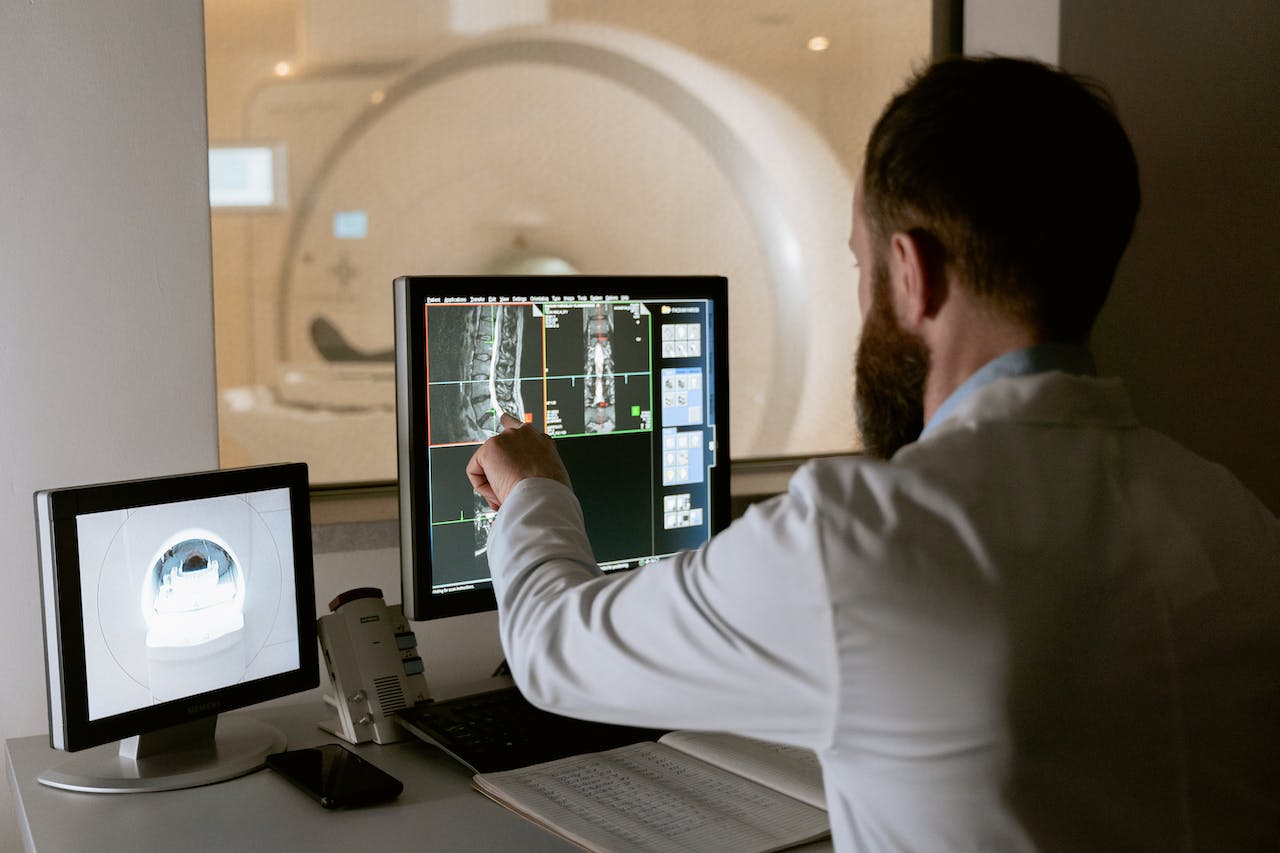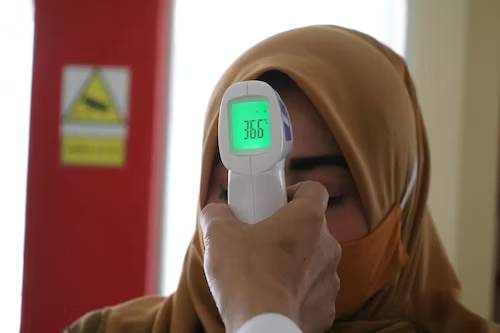Comments
- No comments found

Health screenings are the frontline defense against illnesses and diseases.
They serve as an early warning system, detecting potential health issues before they become severe. By understanding the importance of regular screenings in preventive healthcare, we equip ourselves with invaluable tools for wellness. With this knowledge, you'll feel confident in being proactive about your healthcare. Read our complete guide now to become an informed patient.

Health screenings are an essential aspect of healthcare and play a crucial role in maintaining our overall well-being. They involve various tests, examinations, and procedures that help identify potential health issues and assess our risk for certain diseases. These screenings can detect problems in their early stages when they're most treatable, saving lives and reducing healthcare costs.
In Singapore, the government has placed a strong emphasis on preventive healthcare through regular health screenings. Therefore, when you get to a hospital in Singapore, you'll find that they have a wide range of screenings available to cater to different age groups, genders, and risk factors. This proactive approach to healthcare has contributed significantly to Singapore's ranking as one of the healthiest countries in the world.
There are various types of health screenings available in Singapore, catering to different age groups and risk factors. Some common ones include:

General Health Screening: This is a comprehensive screening that includes tests for blood pressure, cholesterol levels, diabetes, and other general health markers.
Cancer Screenings: These screenings aim to detect and prevent various types of cancers, such as breast cancer, colorectal cancer, and prostate cancer.
Women's Health Screenings: These screenings focus on female-specific health issues like cervical cancer, osteoporosis, and breast health.
Men's Health Screenings: Similar to women's health screenings, these focus on male-specific health concerns like prostate cancer and erectile dysfunction.
Age-specific Screenings: These screenings are tailored to specific age groups, such as pediatric health screenings for children and geriatric health screenings for older people.
Understand the purpose of the screening: Before undergoing any health screening, it's essential to understand why you're doing it and what to expect. Talk to your doctor about the specific tests involved and their significance.
Follow pre-screening instructions: Depending on the type of screening, there may be specific preparations required beforehand, such as fasting or abstaining from certain medications. Make sure to follow these instructions carefully to ensure accurate results.
Bring relevant medical records: If you have any existing medical conditions or past health issues, it's helpful to bring along relevant medical records for the healthcare professionals conducting the screenings.
Wear comfortable clothing: Some screenings may require physical examinations, so it's best to wear loose, comfortable clothing that can easily be removed if needed.
Have someone accompany you: Bring a family member or friend along for support and to take notes during the screening.
The exact procedures and tests involved in a health screening will vary depending on the type of screening. However, some common steps may include:
Registration and paperwork: You'll be required to fill in some forms and provide personal information, medical history, and consent for the screenings.
Vital signs check: This includes measuring your blood pressure, heart rate, breathing rate, and body temperature.
Physical examination: This may include a head-to-toe check-up, including eyes, ears, throat, lungs, abdomen, and skin.
Blood tests: These are commonly done to check for conditions such as diabetes and high cholesterol levels.
Imaging tests: X-rays, ultrasounds, and other imaging tests may be recommended for certain screenings.
Health education and counseling: After the screenings, healthcare professionals may provide advice on lifestyle changes or follow-up tests if necessary.
Regular screenings are essential to preventive healthcare as they facilitate early detection of potential health risks and diseases. By catching these issues early, treatments can be more effective, and the prognosis is typically better. Moreover, it allows individuals to become more aware of their health status and make informed decisions about their lifestyle and habits, leading to improved overall health and well-being.
Screening frequency varies depending on the type of screening, personal health history, age, and gender. For example, women over 40 are often advised to undergo annual mammograms, while those under 30 may be recommended a pap smear every three years. Similarly, men over 50 may need regular screenings for prostate cancer. It's crucial to consult with healthcare professionals who can provide personalized advice on the optimal frequency and type of health screenings for your specific needs.
Health screenings are a vital aspect of preventive healthcare and should be an integral part of your wellness routine. By being proactive in monitoring your health, you can identify potential problems early on, allowing for better treatment outcomes and improved overall well-being. Remember to consult with your doctor regularly to determine which screenings are necessary for you based on your risk factors. Stay informed, stay healthy, and take charge of your well-being with regular health screenings.
Leave your comments
Post comment as a guest